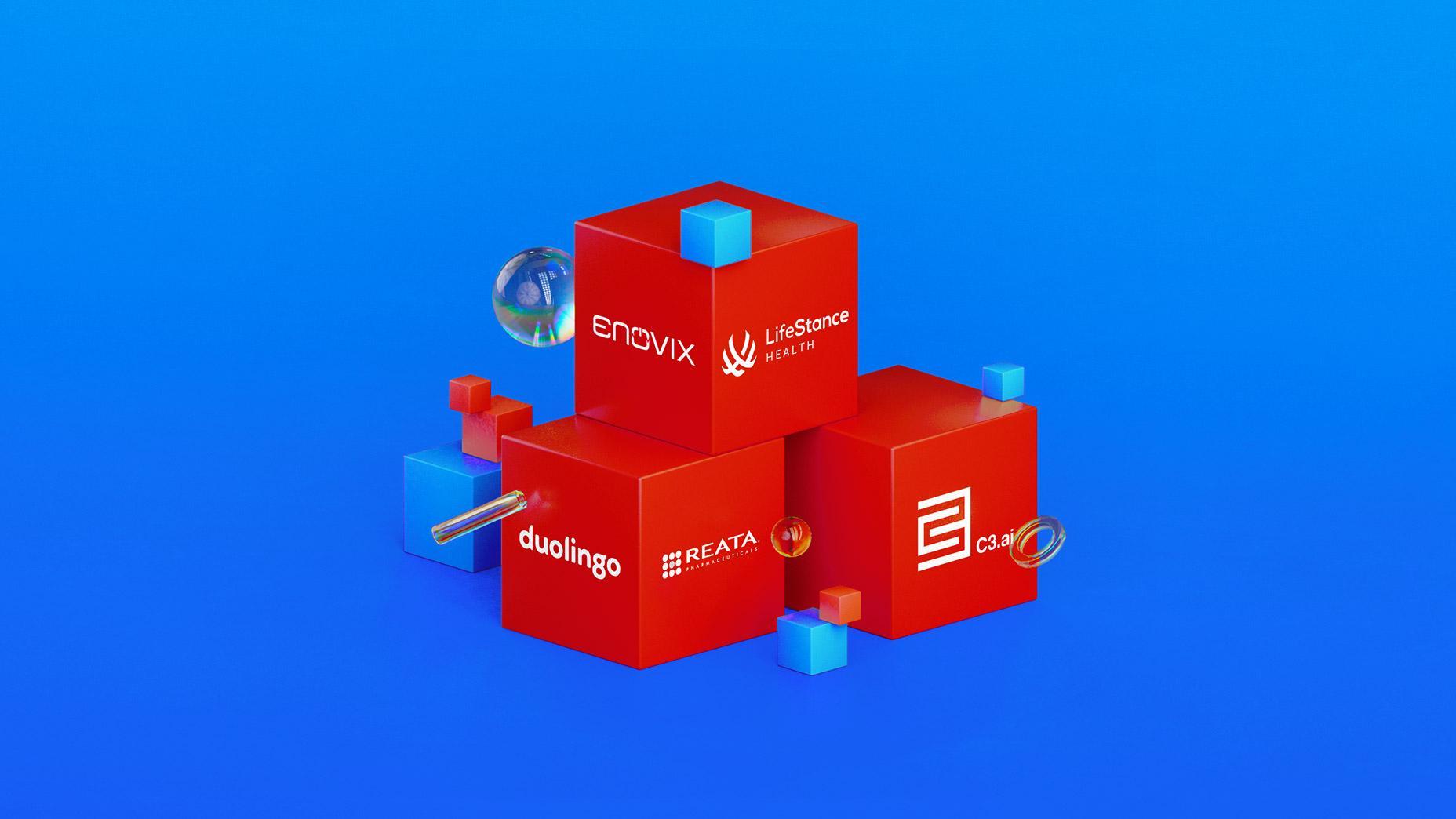Getting Started with Paper Trading: A Beginner's Guide
5 minutes for reading

In this article, we will introduce you to the widely used concept of Paper Trading, discovering its purpose and role in learning about stock trading. We will highlight the advantages and disadvantages of Paper Trading and guide you on how to start paper trading with RoboMarkets.
What is paper trading
This term has come from the stock market and practically means trading on a demo account. The investor models their trades, analyses them, and counts profits and losses on their positions.
Paper trading lets the trader assess their strengths, get more practice on a virtual account, check and improve their trading strategies, and learn to follow signals from more experienced market participants.
Practising on a demo account is a great opportunity for beginners to adapt to market conditions and get acquainted with all the features of the trading platform before investing real money.
How paper trading works
Paper Trading uses a free demo account with real charts, essentially simulating stock trading. Beginners have the opportunity to learn stock trading quickly and safely, while experienced traders can benefit from this risk-free trading practice, experimenting with various tools and trading approaches.
Is paper trading good for beginners?
Paper Trading can benefit stock market beginners by enabling them to use trading platforms and various tools without risking their own money. Paper trades have no financial consequences, so novice traders do not need to worry about losing money due to risky decisions or mistakes when using the platform.
However, it is essential to remember that beginners might develop a false sense of security under these conditions since there is no risk of losing their capital. When trading on a demo account, novice traders can experience reduced emotional tension and fear of making mistakes. In other words, beginners might overlook the psychological aspects of trading that can significantly influence their behaviour when trading with a real account.
Advantages and drawbacks of paper trading
Advantages
- Studying the basics of trading. Trading is not only about selecting correct instruments for market analysis but also about knowing how to control your position, close it timely, and look for new opportunities to enter the market
- Checking new strategies. Checking new trading ideas is useful not only for beginners but for experienced traders as well. This account type allows for testing your tactics on the asset history
- Working with new instruments. You can add new instruments to your portfolio, study their behaviour on a demo account, and choose the best strategies for each one.
Drawbacks
- Increased confidence. Losing real money is a painful experience that teaches traders to make better analyses, be more responsible, cautious, and as far-seeing as possible; and never to stop developing their skills. A demo account does not provide such an experience
- Unrealistic capital. Quite often, the capital on the demo account exceeds the real one that's available for the trader. The investor who is used to working with big lots struggles when having to trade smaller lots after switching to a real account
- Lack of trading experience. Without real trading experience, investors do not face the emotional tension that can affect real-life trading. Losing actual money can be a painful but valuable lesson, teaching traders to improve their analyses, be more responsible, cautious, and forward-thinking, and develop their skills continuously. A demo account cannot replicate this real-world experience.
Paper trading vs. real trading
- In real trading, you use your own capital, risking potential losses. Simulated stock trading lacks the real emotional tension experienced in live trading.
- Paper trading may overlook the payment of fees or broker commissions.
- Market conditions can only be fully reflected in real trading, including influencing factors like trading volumes, instrument liquidity, slippage, and more.
A step by step guide to start paper trading with RoboMarkets
1. Register for a Personal Members Area at RoboMarkets by providing your email address, first and last name, and phone number. Your password will be sent to you via email.
2. After you sign in to your Personal Members Area, go to Menu, select ‘Account’, and click ‘‘Demo Account’.
3. Choose a trading platform and set your demo account parameters, including creating a password for accessing your Personal Members Area. Remember to save your login and password.
4. Install the trading platform or open a web terminal, enter your login and password, and select a demo server. You can now begin virtual trading for beginners.
Frequently asked questions (FAQs)
The material presented and the information contained herein is for information purposes only and in no way should be considered as the provision of investment advice for the purposes of Investment Firms Law 87(I)/2017 of the Republic of Cyprus or any other form of personal advice or recommendation, which relates to certain types of transactions with certain types of financial instruments.
Kategoriler
Son Gönderiler
Discover How Warren Buffett Adjusted His Investment Holdings in the Second Quarter: New Additions and Complete Sell-Offs
The Public Offering of Justworks, Inc.: A Deep Dive into its Innovative Cloud-Based Accounting Management Platform and its Investment Appeal on 12 Jan...
Delve into the Forces Shaping the Gaming Industry: Insights on Engine Gaming, SciPlay, Sea, Roblox, and Electronic Arts.
Peloton Unveils Business Overhaul with Leadership Change and Cost-Cutting Strategy: Targeting Growth or Setting the Stage for Acquisition?
Weekly News Roundup: Salesforce, Okta, Chewy, and Crowdstrike Release Quarterly Results; Microsoft Reduces Quarterly Forecast - How Did Their Stocks R...






